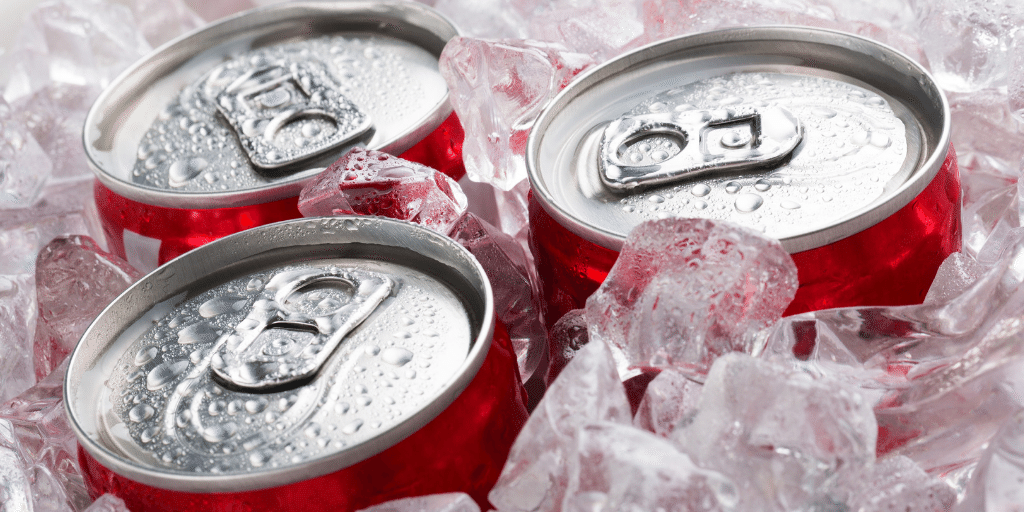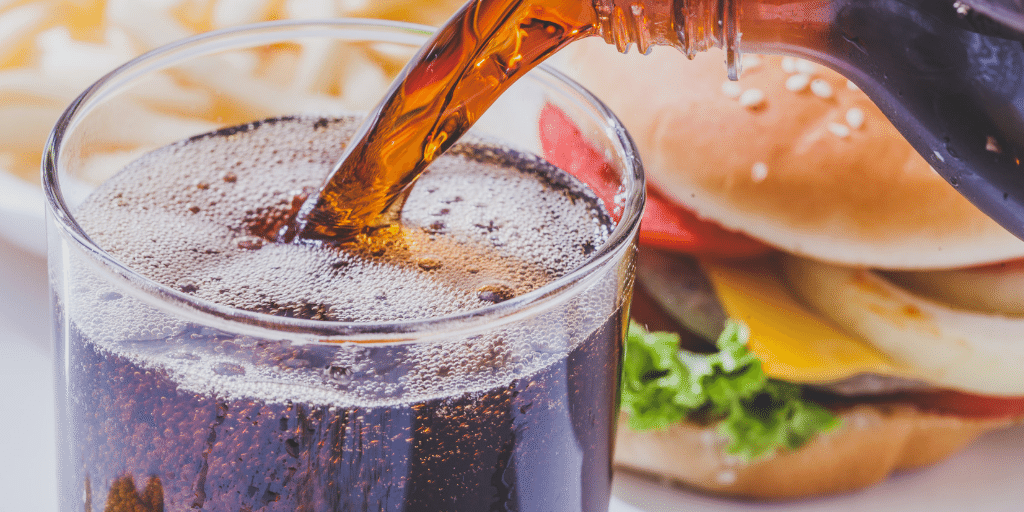Sign up to our newsletter!
Fizzy Drinks, Pop Soda
And Your Health
Here are vital facts you need to know about fizzy drinks, soda and your health. While they can be remarkably easier and tastier to drink, fizzy drinks, pop and soda have been shown to affect the health of consumers as discussed below.
 Pop soda drinks are known to contain very large amount of refined sugar. Some brands have 10 to 12 teaspoonful of sugar in a 330mls can.
Pop soda drinks are known to contain very large amount of refined sugar. Some brands have 10 to 12 teaspoonful of sugar in a 330mls can.Don't some of us just love the feel and thrill of the fizziness as well as sweetness and ease of drinking pop soda or fizzy drinks bring?
Since Joseph Priestley produced the first fizzy drink in Leeds, England in 1767 by infusing water with carbon dioxide produced in his brewery, our experience and crave for pop soda or fizzy drinks have grown exponentially.
About 412 billion liters of soft drinks - cold or chilled non-alcoholic beverages, are produced yearly worldwide and over half of these are carbonated drinks or pop soda [1].
It is estimated that the average American consumes 45 gallon or 170 liters of pop soda in a year. That is 487 cans a year or 1.33 cans of 330ml per day.
We hear in the news and from doctors that pop soda is bad for your health. But what exactly is pop soda and fizzy drinks, what do they contain, and what problems do they cause exactly? What about drinking fizzy drinks without sugar, calories and sweeteners?
Let's explore these questions.
What Is A Fizzy Drink Or Pop Soda?

Fizzy drinks, also called carbonated soft drinks or pop soda, are non-alcoholic beverages containing dissolved carbon-dioxide, which gives it its fizziness.
They typically contain:
- Water, making up 80 to 90%
- Sugar, constituting about 8 to 10% of a standard pop soda drink composition. A 330ml can of Pepsi for example, contains 39g of sugar or 12 teaspoonful of sugar. This is equivalent to 156 calories in each can. If you were to consume a can of pepsi every day, for a year, you would have consumed 14.235 kg of sugar from soda alone, the equivalent of 56,940 calories or 16 pounds in weight gained or 7.4kg. Though the "diet" variety of soda drinks contains no sugar, but non-caloric sweeteners, they still lead to weight gain by priming our taste buds for sweets and sugary foods, high in calorie.
- Flavorings. These are ingredients added to soda drinks to give it its peculiar taste or flavor. They are often natural agents like fruit concentrates or barks or skins of fruit trees and fruits. Synthetic flavorings are also in use today.
- Colorants. These are added to create the specific visual impact of the drink. Natural food colorants like saffron or plant coloring are typically use, though synthetic colorants are very popular these days.
- Carbon dioxide. This is the gas that is added to all fizzy drinks that creates the fizziness. When it is dissolved in water, if forms a mild acid, carbonic acid. Non-sugar carbonated drinks are made by dissolving carbon dioxide in well filtered water without adding flavorings and colorings.
- Additives.
References:
- The Soft Drinks Companion: A Technical Handbook for the Beverage Industry. By Maurice Shachman. Published by CRC Press; 1st Edition (April 16, 2007). Pages XIII and XIV.
Stay Connected





New! Comments
Have your say about what you just read! Leave me a comment in the box below.